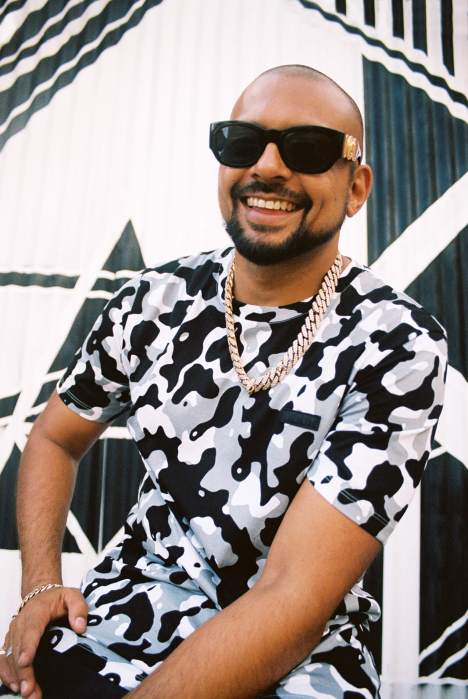 Chris Pratt plays Vince Vaughn’s depressed dad in “Delivery Man.”
Chris Pratt plays Vince Vaughn’s depressed dad in “Delivery Man.”
Credit: Getty Images
Chris Pratt has become something of an incredible growing-and-shrinking machine lately, getting superbuff for “Zero Dark Thirty” and then getting impressively out-of-shape and flabby for his latest, “Delivery Man,” in which he co-stars as Vince Vaughn’s pessimistic friend and hapless attorney. And after that, he got into superhero form for next year’s Marvel spectacle “Guardians of the Galaxy.” It all sounds very painful, but Pratt is OK with misery as long as it keeps audiences laughing.
You had all the best lines in the movie.
It’s kind of written that way. The character’s really funny. Vince’s character comes from such a hopeful place, but I think maybe the best comedy comes from a place of hopelessness, and that’s where my character is at. He’s just a despondent, sad, miserable type of guy, and that’s where you mine the best comedy. I think to me, that’s the ultimate accomplishment in acting — to be in a place of such utter pain but people find it hilarious. But hopefully not all of my pain is funny. Like, the only pain that’s funny is the pain that doesn’t really hurt. If a brick falls on someone’s head and then their brains fall out and they die, you’re not going to laugh.
Unless you’re a sociopath.
Right, unless you’re sick. Unless you threw the brick and you’re insane. [Laughs] But if a brick falls and hits someone in the head, and they just keep walking and pretend like it didn’t happen, that is hilarious. It’s irony, you know? Because it’s what you don’t expect. It’s pain minus trauma, and I think that you get the sense that this character is going to be all right, and that’s why you’re willing to laugh at his pain.
It looked like all four of his kids were around the same age.
Yeah, we were busy. There was a whole backstory I had to come up with, where maybe [he and his wife] met in law school or something, she got a really great job that brought us out and we bought an apartment in Brooklyn, had one kid, she said, “If you stay home with this kid, I can continue to work and become partner.” I was like, “Great, do it. I’m a progressive man, I can handle being a stay-at-home dad.” And then next thing you know, four years later we have four kids, the passion’s gone, I’ve gained weight and she’s sleeping with one of her partners and she’s the major breadwinner.
It’s the classic story, but the genders are reversed. It’s like what so many men since the ’50s have been doing to these poor mothers: getting them pregnant, saddling them with the responsibility of child-rearing and then going off and sleeping with someone better-looking and younger. Then they’re stuck. They can’t disappear, they’ve got these f—ing kids to feed.
How often do you find yourself putting that much work into a character’s backstory?
This was probably the most. There comes a point at which it stops being effective and it really just becomes fun — or even masturbatory, maybe. [Laughs] You can go so deep that things are happening for you that the audience would never know. I mean, it really depends. This movie, I felt like the backstory to me was really important. I wanted to focus on backstory and I wanted to do this physical transformation to get into it. It was something totally different for me.
You’ve been doing a lot of physical transformations lately.
That’s right. I am my own superhero — I can gain and lose weight. [Laughs] Yeah, there’s been some talk about that. But I’m just proud of being able to lose weight. I worked really hard for a long time, ate the right things. I said I would do it and I did it. Something makes you feel really good about that.
















